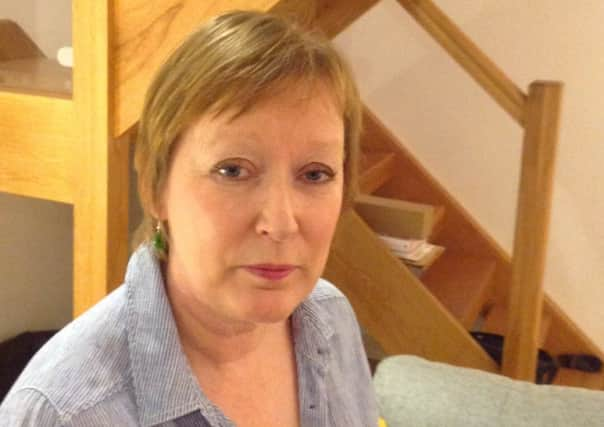Change in ethos is welcomed


That is the view of Ann Todd whose 91-year-old mother Mary Anderson’s poor treatment triggered a major review and inspection by Healthcare Improvement Scotland (HIS) of how older people are cared for at the Borders General Hospital.
The resultant report by the national body, published at the weekend, acknowledges eight areas of good practice, but also make 12 recommendations to NHS Borders on how things can be improved.
Advertisement
Hide AdAdvertisement
Hide AdIn December last year, the Scottish Public Services Ombudsman (SPSO) issued a damning report in the case of dementia sufferer Mrs Anderson from Kelso who was admitted to the BGH from her care home with a blood infection on March 9, 2014.
At that time she could walk with a stick and feed herself independently.
But when she was discharged a month later she could neither stand nor eat without assistance and, within two days of being readmitted to the BGH for “end of life care” on June 13, she was dead.
The litany of failures uncovered in the SPSO probe saw NHS Borders chief executive Jane Davidson issue a public apology to Mrs Todd and her family – and ask for the HIS review which involved a four-day inspection in April.
Advertisement
Hide AdAdvertisement
Hide Ad“The observations of the inspectors provide us with an independent robust view of the quality of care we provide and that is why I requested the review,” said Ms Davidson.
“They help us understand where our improvement work should be focused so we can do more and better for our patients.”
While recognising the good practice which exists and an action plan to deliver the required improvements, the HIS wishlist is underpinned by the need for lessons learned from past complaints and investigations to be shared across the organisation.
“NHS Borders must ensure current legislation protecting the rights of patients who lack capacity is fully and appropriately implemented,” states the report. “It must ensure capacity assessments are carried out for all patients where cognitive impairment or dementia has been identified.
Advertisement
Hide AdAdvertisement
Hide Ad“Mealtimes must be managed in a co-ordinated way with maximum staff input and encouragement and assistance with eating and drinking provided. Patients must have person-centred care plans for all their identified care needs.”
Commenting this week, Mrs Todd said: “I commend Ms Davidson for requesting this review and I welcome the results which give a bench mark so that areas of improvement can be targeted, although we all know that change takes time and the proof of the pudding will be in the eating.
“The most important change since December is the change in culture resulting from corporate objectives which always put patient safety first, but also reflect the values of dignity, respect, care and compassion.
“This must now become embedded in the ethos at the BGH at all levels to ensure what happened to my mother can never happen again.”